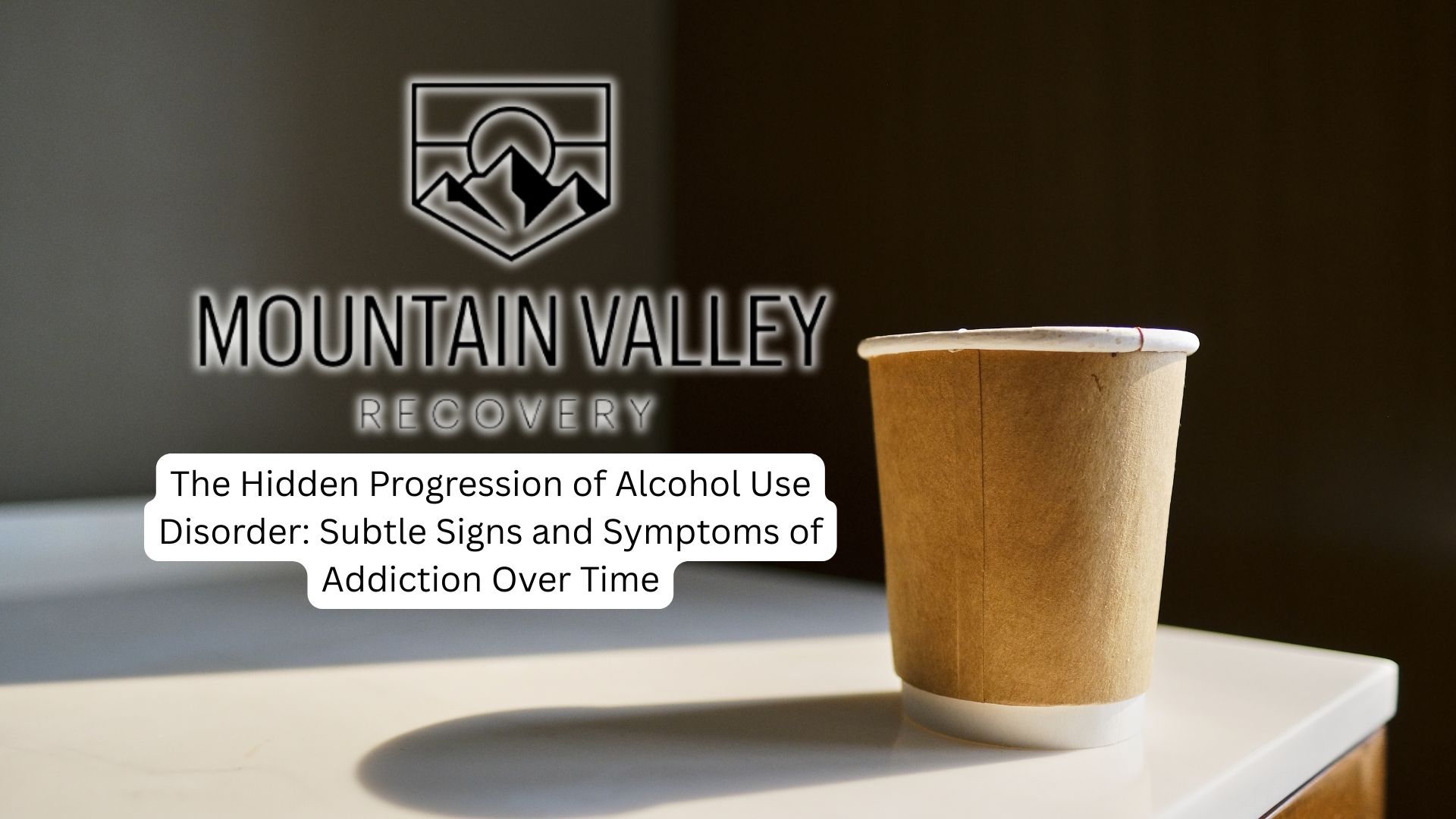Addiction is a complex and multifaceted condition that can impact individuals from all walks of life, irrespective of their background or circumstances. It is a chronic disease characterized by the compulsive use of substances, despite the detrimental consequences it may cause.
Acknowledging the signs of addiction and determining when to seek help can be an intimidating task, particularly due to the stigma and denial that frequently accompany this disorder. Nevertheless, seeking assistance is the first and most essential step towards recovery. This article aims to offer a comprehensive guide on when to seek help for addiction.
Increased Tolerance and Withdrawal Symptoms
When you find yourself needing larger amounts of a substance to achieve the desired effect, it’s a red flag for developing a substance use disorder (SUD).
This increased tolerance is often accompanied by withdrawal symptoms when you try to reduce or stop using the substance. These symptoms can range from mild to severe, depending on the substance and the level of physical dependence.
Withdrawal symptoms may include anxiety, tremors, nausea, and even life-threatening seizures. The severity of these symptoms is directly related to the frequency and amount of substance use.
If you’re experiencing increased tolerance and withdrawal symptoms, it’s crucial to recognize that you have a significant problem with substance use and need to seek support from medical professionals or addiction specialists who can guide you through the recovery process.
Preoccupation with Substance Use
You may find yourself constantly thinking about how to obtain, use, or recover from substances, overshadowing other important aspects of your life.
As your focus shifts to prioritizing substance use, you’ll likely spend more time planning how to acquire substances than engaging in productive or enjoyable activities.
Your relationships and personal interests will suffer as this preoccupation leads to social withdrawal and isolation from friends and family. The overwhelming urge to consume substances can dominate your thoughts, making it difficult to concentrate on tasks or responsibilities, affecting your overall functioning.
Check out what are the most common reasons for men to resist addiction treatment:
Changes in Behavior and Mood
If you’ve noticed significant changes in your behavior, such as withdrawing from social circles or losing interest in activities you once enjoyed, it’s crucial to recognize these as potential signs of a growing dependence on substances.
Pay attention to shifts in your mental health, including increased anxiety, irritability, or feelings of sadness, as these mood changes often accompany addiction. Declining performance at work or school is another indicator that substance use may be taking priority over other aspects of your life.
If you’re experiencing physical symptoms like sleep disturbances or weight fluctuations alongside these behavioral and emotional changes, it’s essential to reach out for support.

Neglecting Responsibilities
If you’re missing work, falling behind in school, or failing to meet personal obligations, it may be a sign that your substance use has become a serious problem. Neglecting responsibilities is a common indicator that substance use disorders are taking control of your life.
As addiction progresses, you may find yourself prioritizing substance use over important relationships and activities. This can lead to deteriorating personal relationships, increased isolation, and a failure to fulfill daily responsibilities.
Click here to find out what factors you should take into consideration when choosing the right rehab.
Health Issues
Substance use disorder (SUD) can lead to various chronic diseases, such as liver disease, respiratory problems, and cardiovascular issues, which significantly impact your overall health and longevity. You may also be at a higher risk for infectious diseases like hepatitis and HIV due to risky behaviors associated with substance use.
Withdrawal symptoms can be life-threatening, so it’s essential to undergo detoxification under medical supervision to manage the risks effectively.
Additionally, substance use can cause neurological impairment, affecting your memory, cognition, and mental health, increasing the likelihood of developing anxiety and depression.
Final Thoughts from Mountain Valley Recovery
At Mountain Valley Recovery, our inpatient rehab program, exclusively for men, is crafted to offer a secure, encouraging, and organized setting where individuals can triumph over addiction and set out on a journey of enduring recovery. By integrating the most recent advancements in addiction treatment with a nurturing and male-focused approach, we assist our residents in addressing the physical, emotional, and psychological facets of their addiction.





